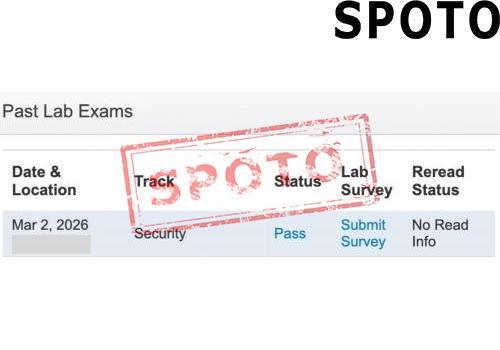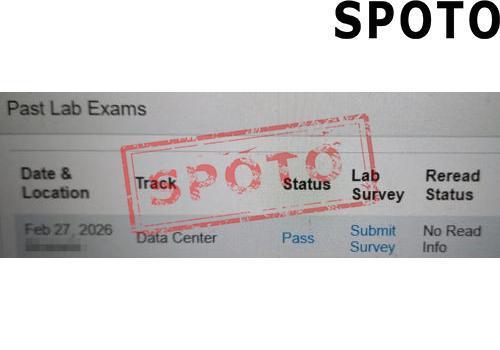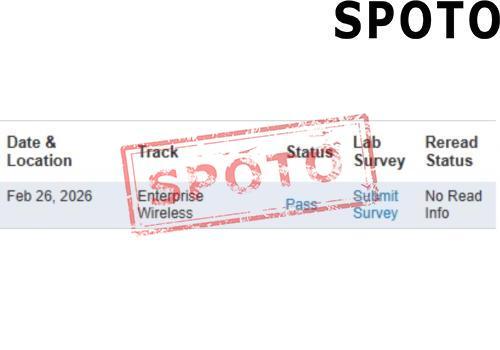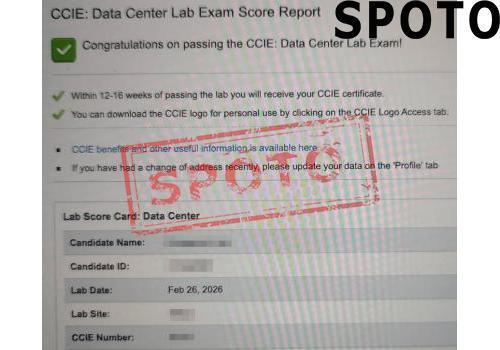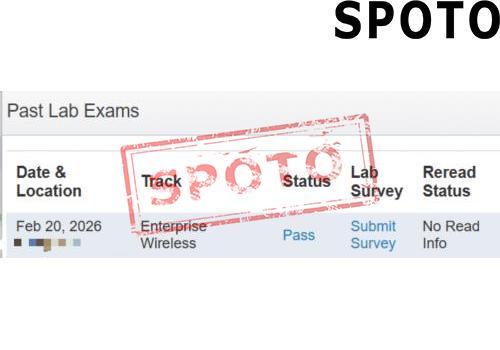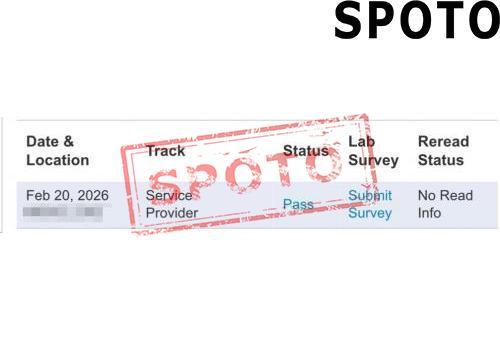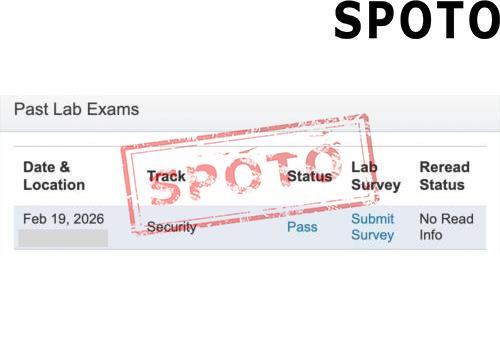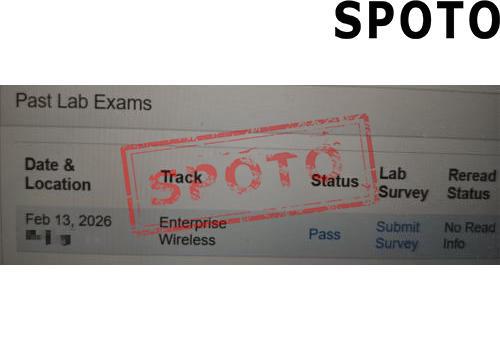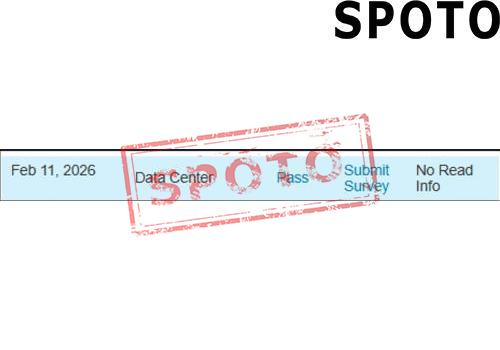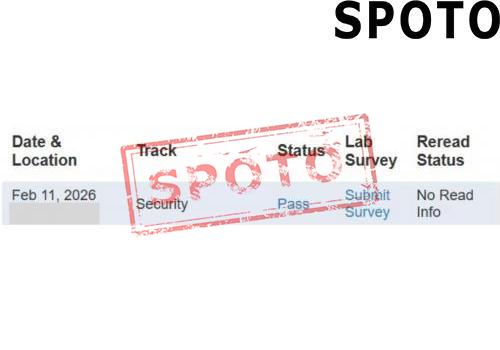
Cisco's expert-level certifications, CCIE Wireless and CCDE, represent the pinnacle of IT networking proficiency. While both certifications are prestigious, they cater to professionals with different skill sets, roles, and career aspirations. If you're deciding which path to pursue, understanding their core differences will help you make an informed choice.
What is CCIE Wireless?
CCIE Wireless is designed for experts in wireless networking technologies. It focuses on advanced skills required to plan, design, implement, and optimize enterprise wireless networks.
Key Focus Areas:
- Wireless LAN Design and Deployment: Understanding wireless architectures and protocols like 802.11.
- Wireless Security: Configuring authentication, encryption, and network segmentation.
- Troubleshooting Wireless Issues: Diagnosing RF problems and performance optimization.
- Controller Configurations: Deploying and managing wireless controllers.
CCIE Wireless professionals often work as wireless architects, network engineers, or consultants in environments where robust, scalable wireless solutions are crucial.
What is CCDE?
CCDE (Cisco Certified Design Expert) emphasizes network design at a high level. This certification is tailored for professionals who focus on translating business requirements into technical solutions.
Key Focus Areas:
- Network Architecture: Designing scalable, secure, and high-performance networks.
- Business-Driven Design: Aligning network solutions with organizational goals.
- Protocol Design: Deep understanding of protocols like BGP, MPLS, and QoS.
- Technology Integration: Crafting multi-domain solutions involving data center, security, and WAN technologies.
CCDE holders typically work as network architects, consultants, or strategic advisors who focus on the big-picture aspects of networking.
CCIE Wireless vs. CCDE: A Head-to-Head Comparison
1. Core Skills
- CCIE Wireless: Mastery of wireless network deployment, troubleshooting, and optimization.
- CCDE: Expertise in designing network infrastructures that align with business objectives.
2. Practical vs. Theoretical
- CCIE Wireless: Focuses on hands-on, technical execution.
- CCDE: Prioritizes high-level planning and theoretical design principles.
3. Target Audience
- CCIE Wireless: Engineers specializing in wireless networking technologies.
- CCDE: Professionals with a broader focus on network architecture and design.
4. Exam Format
- CCIE Wireless: A written qualification exam followed by a hands-on lab exam.
- CCDE: A written qualification exam followed by a scenario-based exam requiring business and technical design solutions.
5. Career Opportunities
- CCIE Wireless: Wireless network architects, WLAN engineers, and consultants.
- CCDE: Network architects, pre-sales engineers, and IT strategy advisors.
Which Certification Should You Pursue?
1. Career Goals
- If your passion lies in wireless technologies, hands-on problem-solving, and implementation, CCIE Wireless is the ideal choice.
- If you aspire to lead strategic design projects and influence organizational IT strategies, CCDE aligns with your ambitions.
2. Skill Set
- Choose CCIE Wireless if you thrive on configuring, troubleshooting, and optimizing wireless networks.
- Opt for CCDE if you excel at designing high-level solutions that integrate multiple domains.
3. Experience Level
- CCIE Wireless candidates typically have a strong background in wireless networking and related certifications, such as CCNA Wireless or CCNP Enterprise.
- CCDE candidates often possess multi-domain expertise and years of experience in network design.
Challenges of Each Certification
CCIE Wireless
- Requires extensive knowledge of wireless technologies, including RF fundamentals and emerging standards.
- The lab exam demands mastery of hands-on configurations under time constraints.
CCDE
- Involves solving abstract, scenario-based problems that test both technical expertise and business acumen.
- Requires the ability to think strategically and align solutions with business requirements.
Why Both Are Valuable
Both certifications offer unique benefits:
- CCIE Wireless ensures you are at the cutting edge of wireless technology, a critical field in today's connected world.
- CCDE positions you as a strategic thinker capable of designing networks that drive business success.
Many professionals even pursue both certifications over time, as they complement each other in addressing the technical and strategic aspects of networking.
Conclusion
Deciding between CCIE Wireless and CCDE depends on your career aspirations, current expertise, and interest in either hands-on execution or high-level design. Both certifications validate exceptional skill sets and open doors to top-tier roles in the IT industry. By aligning your choice with your goals, you can build a career that's both fulfilling and impactful.
